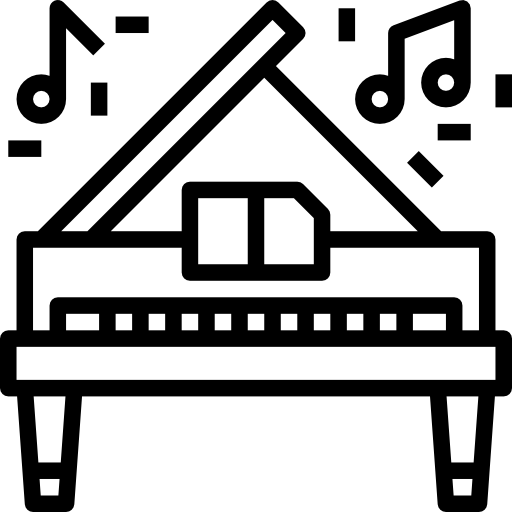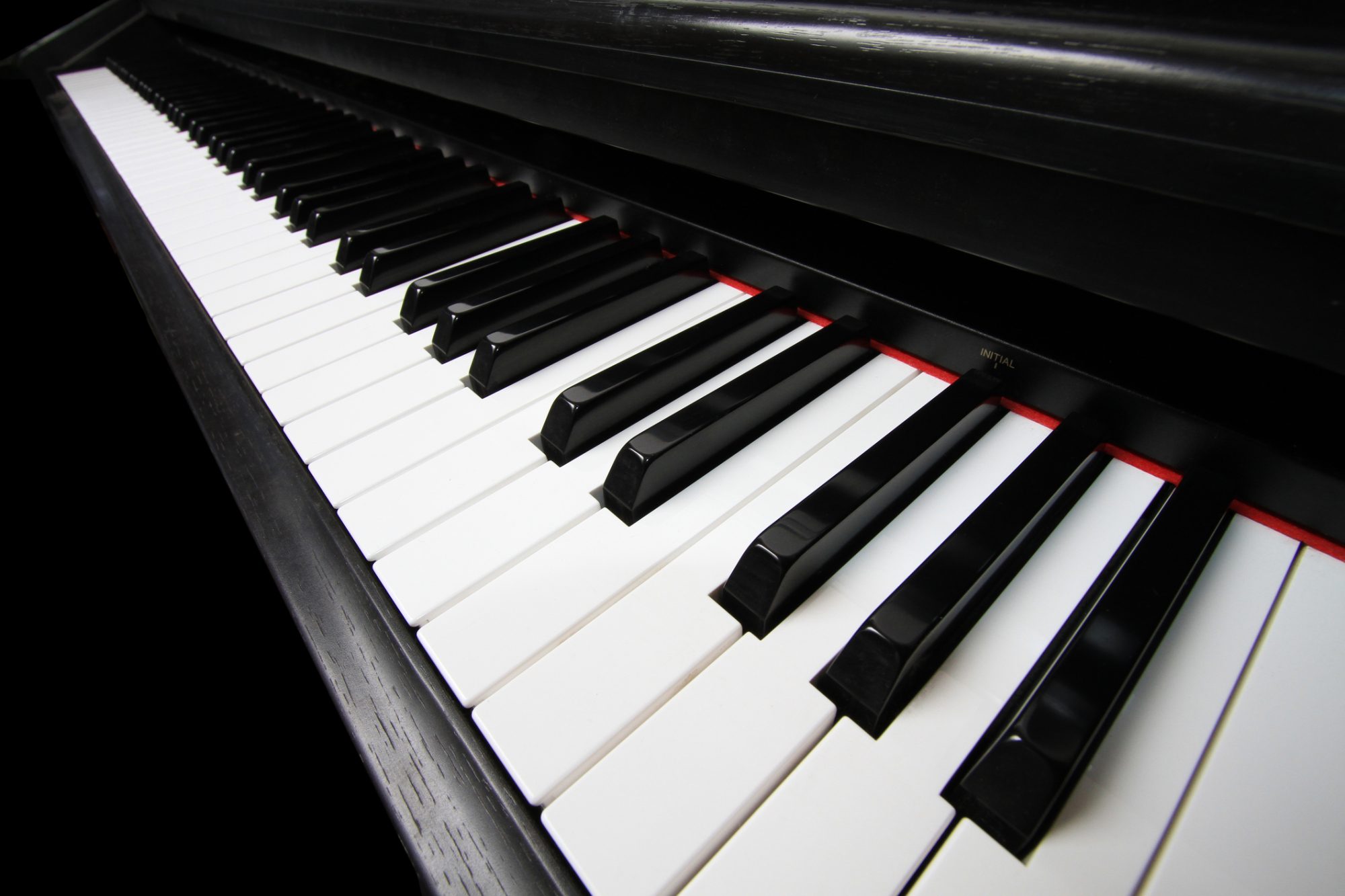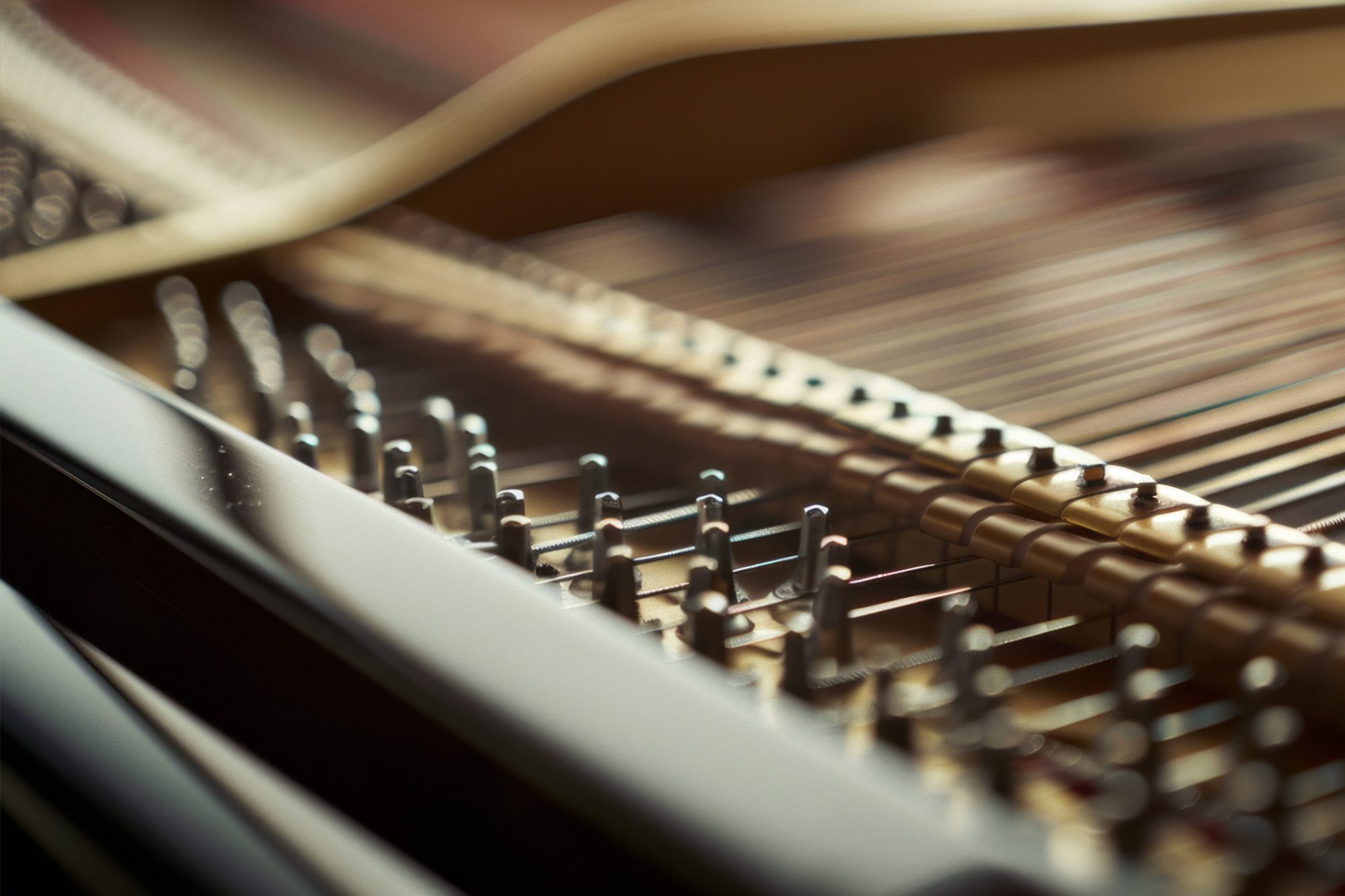
Piano Tuning, Repairs & Restoration covering all of Northern Ireland.
If you are in need of a professional to tune, repair, restore or regulate your piano, or perhaps you are looking for advice on which piano is best for you – contact The Piano Doctor today, by calling 028 9581 0310 or 07763 751 581.
Alternatively, fill out the contact form to enquire by email about The Piano Doctor’s five-star services, which are available in Northern Ireland and counties Monaghan, Louth and Donegal.

Convenient Self-Scheduling for Our Customers
We’re excited to introduce an app that brings countless benefits to both our team and our valued customers. One standout feature is the ability for customers to self-schedule their appointments with just a click. This seamless, user-friendly option allows you to choose a time that works best for you, making the booking process quicker and more convenient than ever. Experience the ease of managing your appointments at your fingertips!
The Piano Doctor In Northern Ireland
We offer expert services across key specialist areas, from precise tuning and voicing to full restorations, ensuring each piano achieves its best sound, appearance, and performance.
- Piano tuning
- Action regulation
- Piano repairs
- Piano maintenance
- Restoration
- Assessments
- Appraisals
- Help & advice

Areas Covered
Craigavon
Belfast
Lurgan
Newry
Lisburn
Portadown
Bangor
Larne
Banbridge
Coleraine
Cavan
Armagh
Monaghan
Dungannon
Ballymena
Antrim
Ballymoney
Downpatrick
Carrickfergus
Newtownards
The Piano Doctor Testimonials





